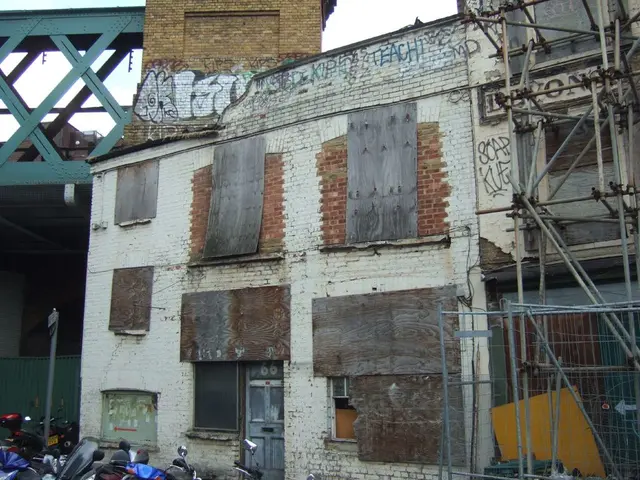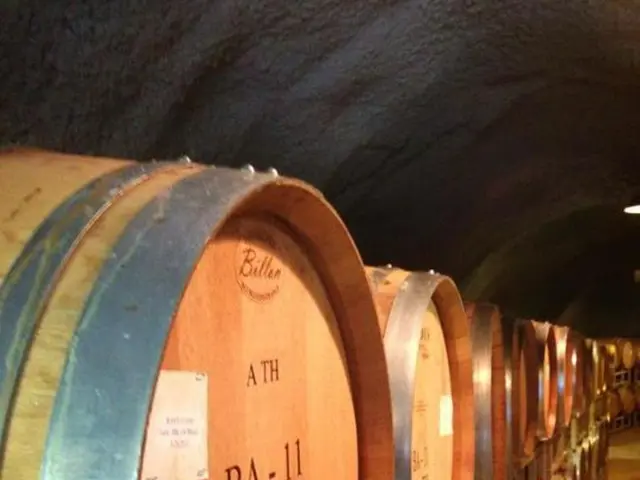Sealed $18 billion nuclear power plant agreement in Czech Republic paves way for South Korean entry into European energy sector
South Korea's Korea Hydro & Nuclear Power (KHNP) has clinched an $18.6 billion deal to construct two nuclear reactors at the Dukovany Nuclear Power Station in the Czech Republic. This landmark agreement comes almost a decade since KHNP's last overseas nuclear plant contract in the United Arab Emirates in 2009.
Here's some juicy deets:
- The contract value hovers around 26 trillion KRW.
- The parties involved in this historic deal are KHNP and Czech utility Elektrárna Dukovany II (EDU II).
- In a televised presser, Czech Prime Minister Petr Fiala announced the deal after the Czech Supreme Administrative Court lifted a legal barrier that had previously halted the signing.
The project involves erecting two 1,063-megawatt reactors at the Dukovany nuclear power plant, situated approximately 170 kilometers southeast of Prague, Czech Republic. Initially, the deal was set to be signed in early May, but a legal injunction secured by France's EDF, a vanquished competitor, delayed the signing process.
Czech courts imposed a temporary injunction on May 6, 2025, citing procedural flaws in the procurement process. However, on June 4, 2025, the Czech Supreme Administrative Court reversed this decision, allowing the contract to proceed.
This deal represents a significant comeback for South Korea in the global nuclear market and bolsters the Czech Republic's nuclear energy infrastructure. France, evidently, isn't a fan, as it lost out on the deal to its Asian rival. But hey, that's the game, right? Sometimes you win, sometimes you whine.
- The $18.6 billion deal between KHNP and EDU II for constructing two nuclear reactors is a significant milestone in South Korea's business with the global nuclear industry.
- The completed project, consisting of two 1,063-megawatt reactors at the Dukovany nuclear power plant, will contribute to the Czech Republic's economy and energy sector.
- The deal's success reflects the resilience of South Korea's technology and business prowess in the face of global competition, as France's EDF was initially a contestant for the project.
- The lifting of the legal barrier by the Czech Supreme Administrative Court signifies the triumph of fair competition and the growth of collaborative relations between South Korea and the Czech Republic in the energy and finance sectors.







